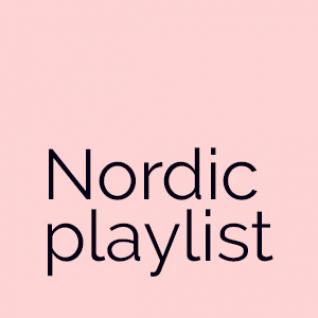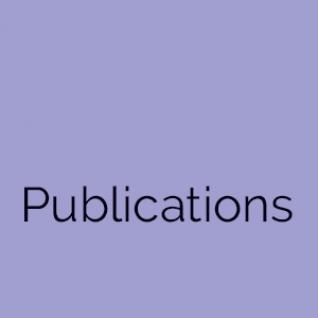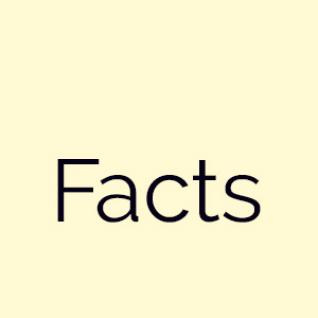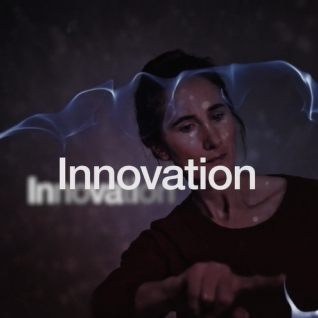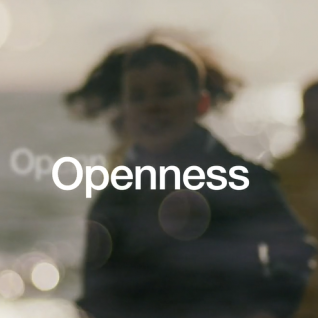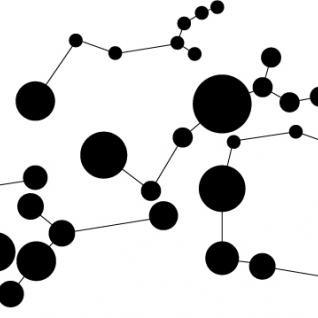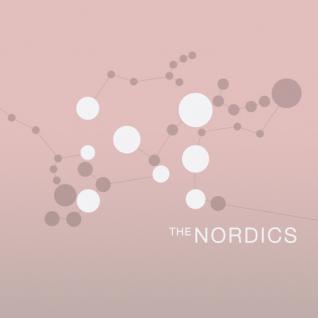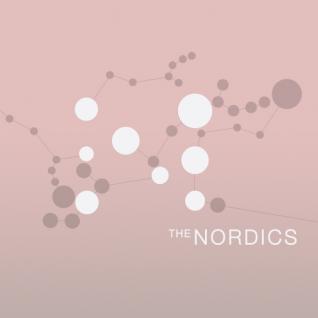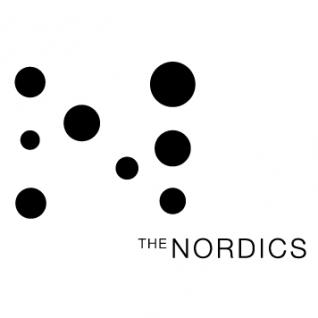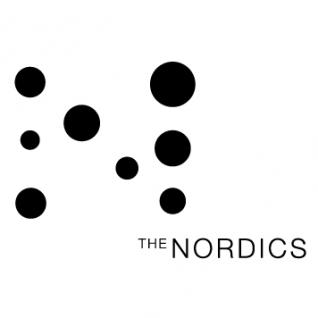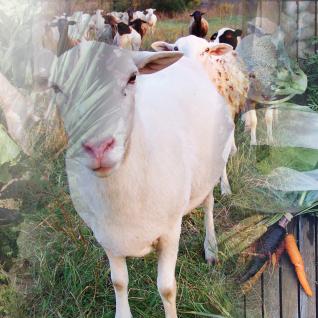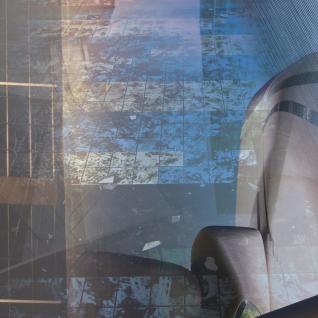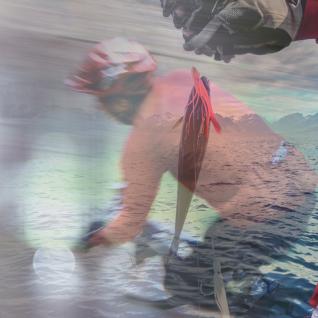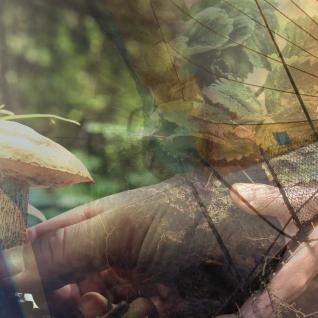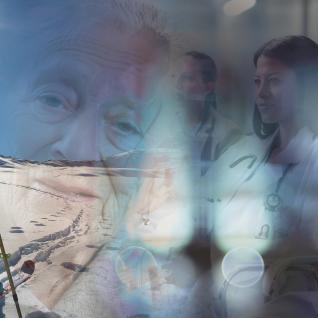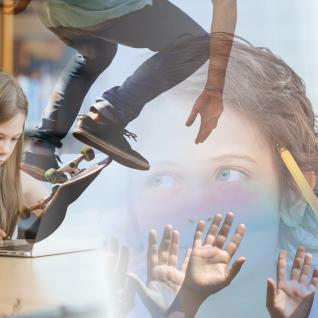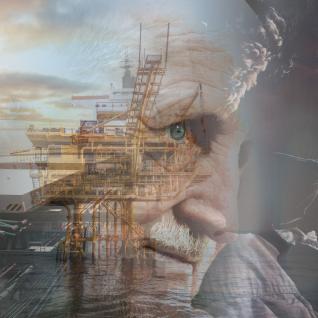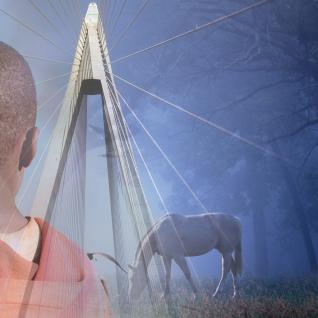10 things you should know about Nordic trust, governance and openness
Tool
10 things you should know about Nordic trust, governance and openness
- Trust – the Nordic gold: The Nordic region has the highest levels of trust in the world. One important aspect stimulating social trust in the Nordic region has been the relationship between the state and the associations.
- Social safety net: Employers, unions and the governments in the Nordic Region work closely together to ensure that a well-developed social safety net is in place for anybody who finds themselves excluded from the world of work for whatever reason. This is known as “the Nordic model”. It has attracted considerable international attention and is largely credited with the Region emerging relatively unscathed from the recent economic crisis. Ultimately, the aim is to enhance quality of life and support the development of both the individual and society.
- Breaking down borders: For the last six decades, citizens of the Nordic countries have enjoyed the freedom to work anywhere in the region. In 1954, the Nordic labour market was created and in 1958 the Nordic Passport Union was created. These two measures helped ensure Nordic citizens' free movement around the area. A Nordic Convention on Social Security was implemented in 1955.
- Transparency: The Nordic countries have low levels of corruption when compared to the rest of the world. This is due in part to press freedom, access to information about public expenditure, stronger standards of integrity for public officials, and independent judicial systems.
- Healthy citizens: The Nordic countries have some of the highest public health expenditures, spending an average of 8.4% of GDP on healthcare in 2014.
- Good governance: According to Legatum Prosperity Index, The Nordic countries are among the most well-governed countries in the world in terms of factors such as voter turnout, legislative independence, and the number of women in parliament
- Celebrating democracy: Every year, annual festivals celebrating democracy pop up throughout the Nordic Region These festivals are social platforms where people can physically get together, talk to each other, listen, get inspired, exchange opinions and debate their ideas. Civil society activists, entrepreneurs, government officials, ministers and the general public gather to discuss how they can make their countries better for everyone.
- High-levels of education: Free education lays the foundation for a highly skilled population with a broad range of competences, while world-leading levels of investment in research support the development of a modern, high-tech society.
- Global citizens: The Nordic countries have long-standing commitments to international engagement, working with a wide range of international organisations and with their neighbours to combat issues such as human trafficking and climate change. Denmark, Sweden and Finland rank the highest in the world when it comes to their dedication to policies that benefit people living in poorer nations.
- Fighting fakes: ‘Fake News’ – understood as propaganda, lies, disinformation and fake factory stories – are serious threats to our democracies. Nordic experts are working to counter the fake news trend by promoting quality journalism, media and information literacy, ethical standards and self-regulation.


